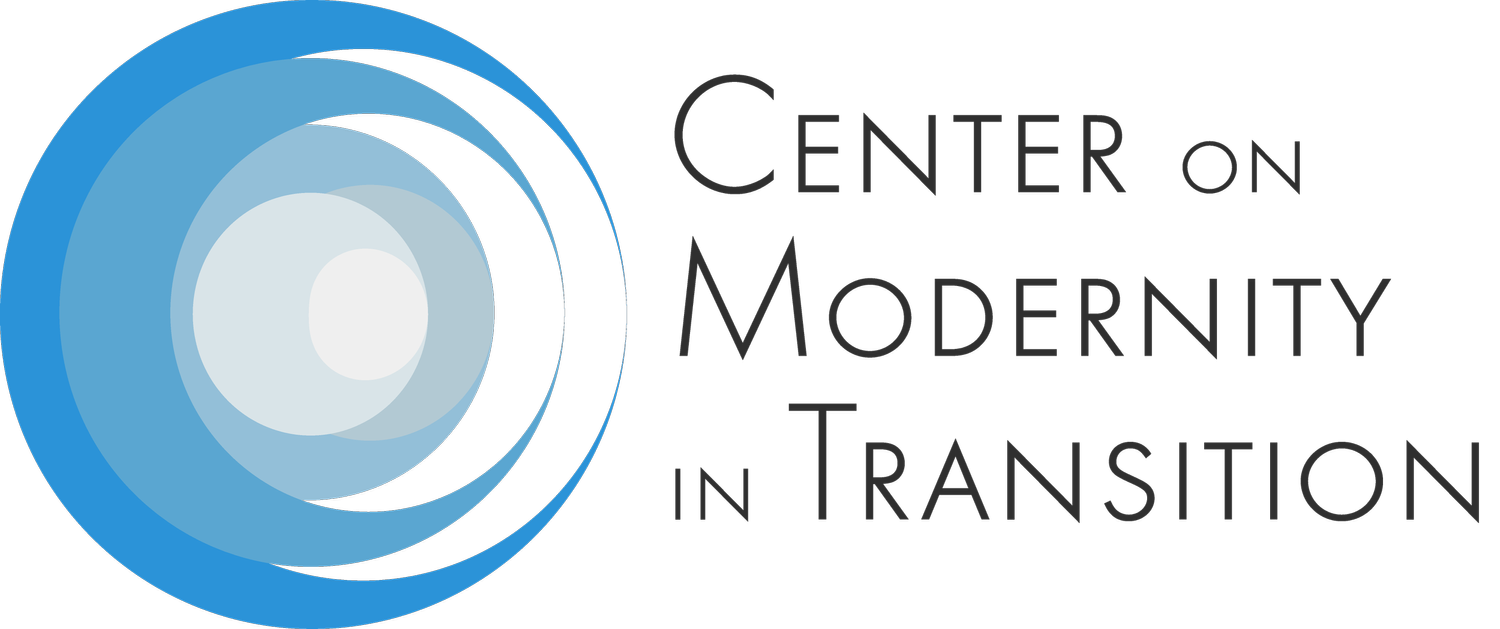RESEARCH
Constructing the Future
How can insights from diverse experiences and fields inform a fresh and compelling vision of humanity’s future possibilities?
The Constructing the Future research track explores the intellectual tools needed to envision a different and hopeful future for humanity—namely, a just and peaceful global civilization that genuinely embodies the inherent oneness and essential diversity of humankind. Central to our inquiry are the myriad visions of the future reflected in various fields of human endeavor, from philosophy and religious thought to technology and popular culture. We give special attention to the role historical narratives play in shaping not only our ideas about the future possibilities of humankind, but also the concrete ways we should endeavor to transform the world.
In our quest for understanding, we aim to transcend Western-centric views and to avoid the pitfalls of deconstructive criticism. Our goal is to correlate diverse viewpoints in a way that fosters a coherent yet adaptable vision of humanity's future.
Book Projects
Encountering the Axial Age: Karl Jaspers, World History, and the Future of Humankind
by Benjamin Schewel, forthcoming from Yale University Press
During the Second World War, German philosopher, Karl Jaspers, argued that a series of profound spiritual breakthroughs set expanding segments of humanity upon resonant civilizational trajectories during the middle centuries of the first millennium BCE. While later scholars mainly used Jaspres’s “axial age thesis” to analyze pre-modern civilizations and develop broader visions of modern secularity, this book reveals the full scope of Jaspers's original vision: to reframe world history in a way that would enable the wartime generation begin laboring toward a new, spiritually illuminated global civilization. In our own time of tumultuous transition, Jaspers's arguments remain vital, highlighting the power of fresh perspectives and lofty ideas to catalyze far-reaching transformation.
Radical Constructive Agency: Pursuing Social Justice in an Age of Transition
by Michael Karlberg and Derik Smith
Modernity has given rise to recurring debates about the ends and means of social change. What should those ends be? Do the ends justify any means? Should the means prefigure the ends? In this book, Michael Karlberg and Derik Smith offer a fresh perspective on these questions by accounting for the transitional nature and trajectory of modernity. The authors first trace the evolution of thought on social justice as a primary end, to discern a common horizon toward which diverse movements for justice are all oriented. Then they engage evolving debates about the means of pursuing this end. By historicizing these debates, they bring into focus the growing need for radical constructive agency—or the construction of fundamentally new social structures and norms capable of supplanting prevailing ones—as a central means of this axial age. They conclude by discussing the challenging modes of social learning this entails and the expanded constructive imaginary needed to motivate and guide such learning.
Research Project
Discourse on Science and the Future of Civilization
Organized in conjunction with the Hong Kong Institute for the Humanities and Social Sciences, the Department of Philosophy at Beijing Normal University, and the Institute for Global Civilization, the Discourse on Science and the Future of Civilization project sparks dialogue and research motivated by the belief that a radically new world society must emerge through the co-creative contributions of diverse cultures and traditions. The initial contributors to this discourse have been informed mainly by the perspectives of Chinese, Western, and Baha’i thought.




